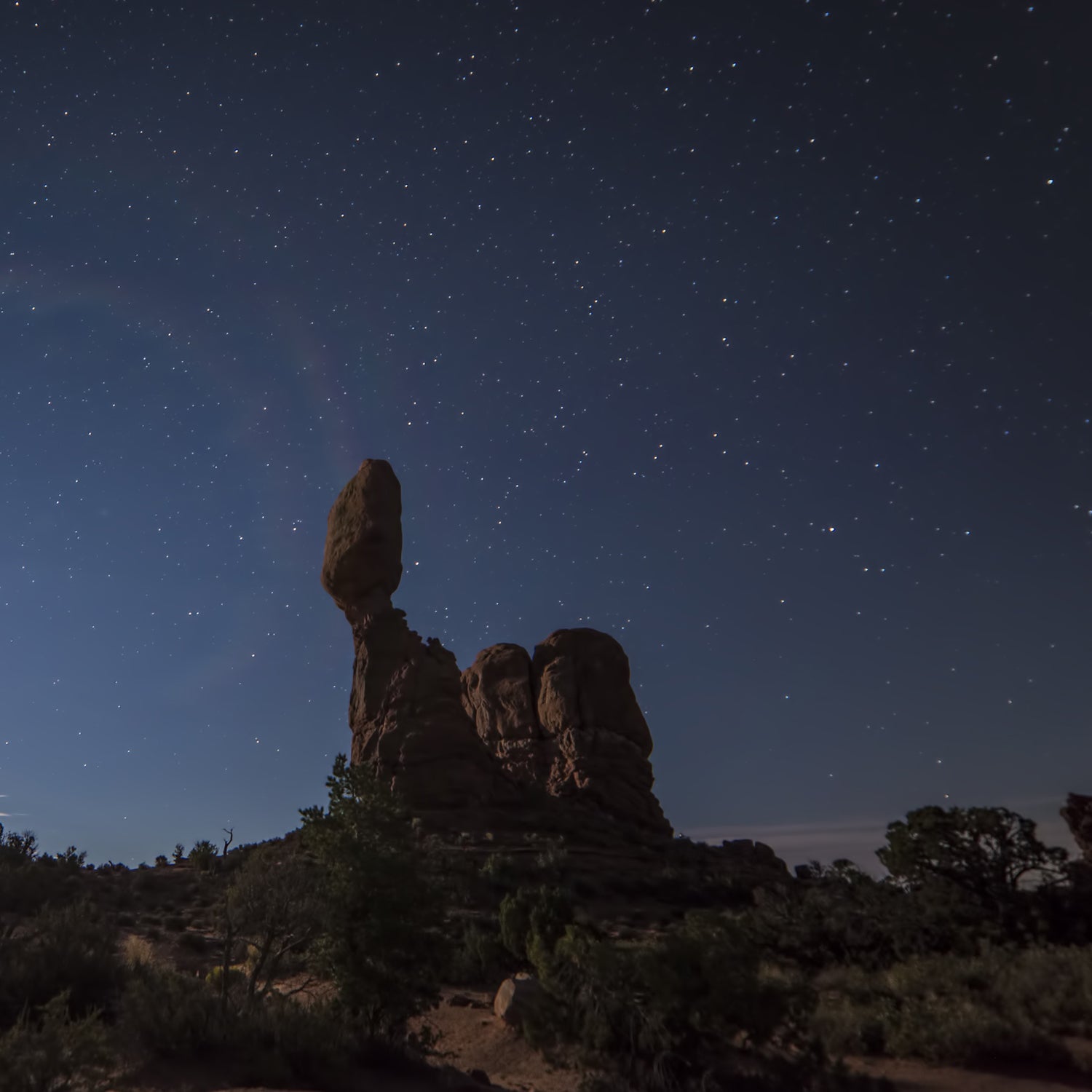On September 30, Congress allowed a relatively little-known but very important conservation provision to expire: The . While the average outdoor lover might not be familiar with this program, chances are good that they’ve enjoyed one of the places it’s helped protect.
Over the years, it has contributed tens of millions of dollars to protect lands in all 50 states. Thanks to the LWCF, visitors can enjoy areas in Mount Rainier; Redwood and Acadia National Parks; George Washington’s birthplace; Brown v. the Board of Education historic sites; Cape Hatteras in North Carolina and other national seashores; and countless wildlife refuges, management areas, and access points. Closer to home, the fund has supported more than 40,000 state and local projects—ball fields, trails, parks, and community open spaces. Almost every county in the nation has a park project covered by the fund.
The fund uses royalty revenue from something dirty (offshore drilling in public waters) to fund something clean—namely new conservation efforts. The idea is to bring balance to the use of our public resources. The monies are often used to match grants for state and local parks and recreation projects. They’re also used for voluntary buy-outs of private inholdings in national parks and wildlife areas that would otherwise be developed. It’s an idea that has been tremendously successful and widely supported. After all, who wants a beautiful overlook of a subdivision?
Put simply, the loss of the fund jeopardizes the continued conservation of our outdoors.
The fund even has strong bipartisan support in Congress. Yet, thanks to a handful of ideologues, it has expired. Put simply, the loss of the fund jeopardizes the continued conservation of our outdoors. Congress’ past refusal to fully fund the program has created a backlog of billions of dollars in needs for land acquisition, state and local park maintenance, and public access improvements. With the total loss of the program, even more projects will go unrealized.
This means that the pristine natural environment of Hawaii Volcanoes National Park’s Pohue Bay could become a resort, that plans to secure permanent public access to more than 7,000 acres of forest in the Northern Rockies could fall by the wayside, and that parts of Gettysburg National Military Park, including an Underground Railroad site, could be developed. But it’s not just national parks and historic sites at risk. Also affected are local projects like plans to relocate parts of California’s Pacific Crest Trail, the Appalachian Trail in Tennessee, and the New England National Scenic Trail in Massachusetts.
The loss of funding will have a direct impact on visitors to our public lands, degrading their experience and hampering access. It also comes with a serious economic loss. A found that every Land and Water Conservation Fund dollar spent generates four dollars in economic value from natural resource goods and services provided by the lands—things like clean water, flood control, and pollination. Fund investments also played a large role in many rural economies, supporting the public lands that drive outdoor recreation and tourism that are intimately tied to job growth and economic stability.
The expiration of the fund eliminates an essential, dedicated funding stream from offshore royalties for the conservation of our public lands and parks. This is an issue we can't afford to be wrong on. If you're as incensed about this as we are, tell your members of Congress to act quickly to reauthorize and fully fund the Land and Water Conservation Fund. As we approach the centennial of the National Park System, it’s the best way to secure the next century of conservation and a bright future for our great outdoors and for our children.
Dan Chu is the senior director of the Sierra Club’s campaign.


